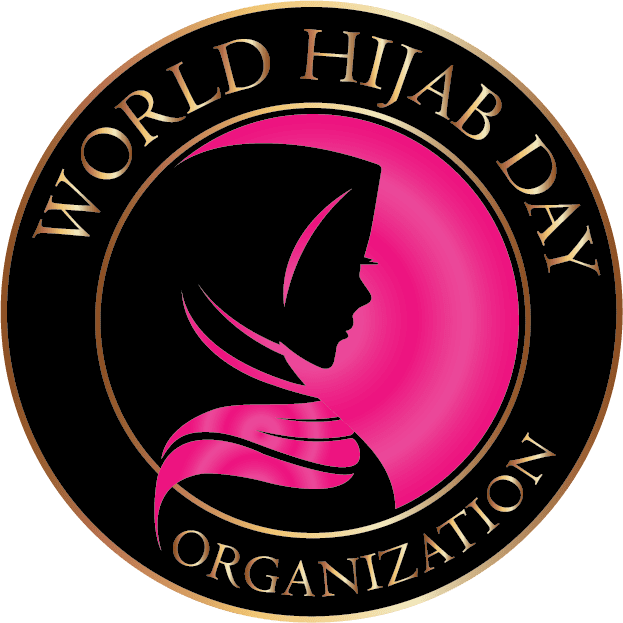The first boxing match occurred in ancient Greece, early B.C. However, boxing didn’t make its Olympic debut until 1904. In many respects, the Olympics is the international platform that formalizes and validates sports, including boxing – an unstoppable phenomenon. Boxing has predominantly been deemed a male-dominated sport and has traditionally been considered a Western sport. Women were allowed to box in the USA as early as 1876. However, many other nations restricted and banned women from participating in boxing until the 2000s.
Several organizations such as the World Boxing Council (established in 1963), the International Boxing Federation (created in 1983), the World Boxing Organization (since 1921), and the World Boxing Association (developed in 1988) helped develop boxing regulations. These organizations are based in nations like Panama, Puerto Rico, Mexico and the US, where boxing has thrived for decades. Amongst the governing associations, the hijab was banned, and hijab-wearing boxers were often disqualified for failure to comply with uniform regulations. Amaiya Zafar from Minnesota, for instance, was disqualified countless times due to her hijab. These nations might have a negative connotation to the hijab, either due to lack of awareness or because the hijab-wearing population is in the minority. This is further maintained by the weaponization of the hijab as a source of exclusion and outsiderness in Western media, rather than empowerment.
The reality, however, is that the hijab is a symbol of modesty. As the Quran states, “And say to the believing women that they should lower their gaze and guard their modesty” (Holy Quran 24:31). It is highly encouraged and does not limit or restrict athletes’ ability to compete. Balancing faith and passion are a personal journey, and it’s important to find what works for you. Thus, it’s essential to question how a symbol rooted in strength and dignity can be transformed into a symbol of exclusion.
In fact, it wasn’t until 2019 that the World Boxing Association (WBA) organization lifted the ban on the hijab. The initial rationale for banning the hijab was based on safety concerns; however, upon closer look , exceptions could have been made as many other sports have done before with regards to hijabi athletes.
In July 2024, five years after the lifting of the hijab ban in boxing, Tina Rahimi, an Australian hijabi boxer, would become the first hijabi boxer to compete in the Olympics. Who’s to say that a hijabi would have made it sooner to the Olympics if the ban never took place? Despite this fundamental milestone, the global community still has a lot of progress to make with regards to hijab acceptance and integration.
France has had a religious garments and symbols ban since 2004, stating it is aligned with the nation’s goal of secularism. This ban was placed in public schools, but it has expanded to even include the ban of burkini in a court ruling in 2022 as well as the niqab ban in 2011. Many state that although there is no official racial census in France and color blindness is a pillar in the French constitution; many feel that these bans are an exclusionary tool targeting African, Arab, and Muslim Francophones from fully participating in French society.
As we continue to see, there is still a current hijab ban in France. No member of the French national Olympic team is allowed to wear the hijab if they wish to compete. It is interesting that one piece of fabric can keep you from winning!
ABOUT THE AUTHOR:
 Shaheena Shahid is an Ed.M. and M.A. She is a prolific published author. Her degrees include: University of Peace (Sustainable Development and Diplomacy); Rutgers Graduate School of Education (Foreign Language and ESL Education); Fulbright Scholar (Brazil); Gilman Scholar (Jordan); African, Middle East, South Asian, Language and Literature (AMESALL); Middle Eastern Studies, South Asian / WGS Minor; and Arabic Translation Certified / TOEFL Certified.
Shaheena Shahid is an Ed.M. and M.A. She is a prolific published author. Her degrees include: University of Peace (Sustainable Development and Diplomacy); Rutgers Graduate School of Education (Foreign Language and ESL Education); Fulbright Scholar (Brazil); Gilman Scholar (Jordan); African, Middle East, South Asian, Language and Literature (AMESALL); Middle Eastern Studies, South Asian / WGS Minor; and Arabic Translation Certified / TOEFL Certified.
She works as an Immigration Paralegal. Her favorite quote is “Never forget that justice is what love looks like in public” and she is the CEO of a blog that surrounds hijab. Connect with the author on Instagram @badassmuhajiba.freepalestine



